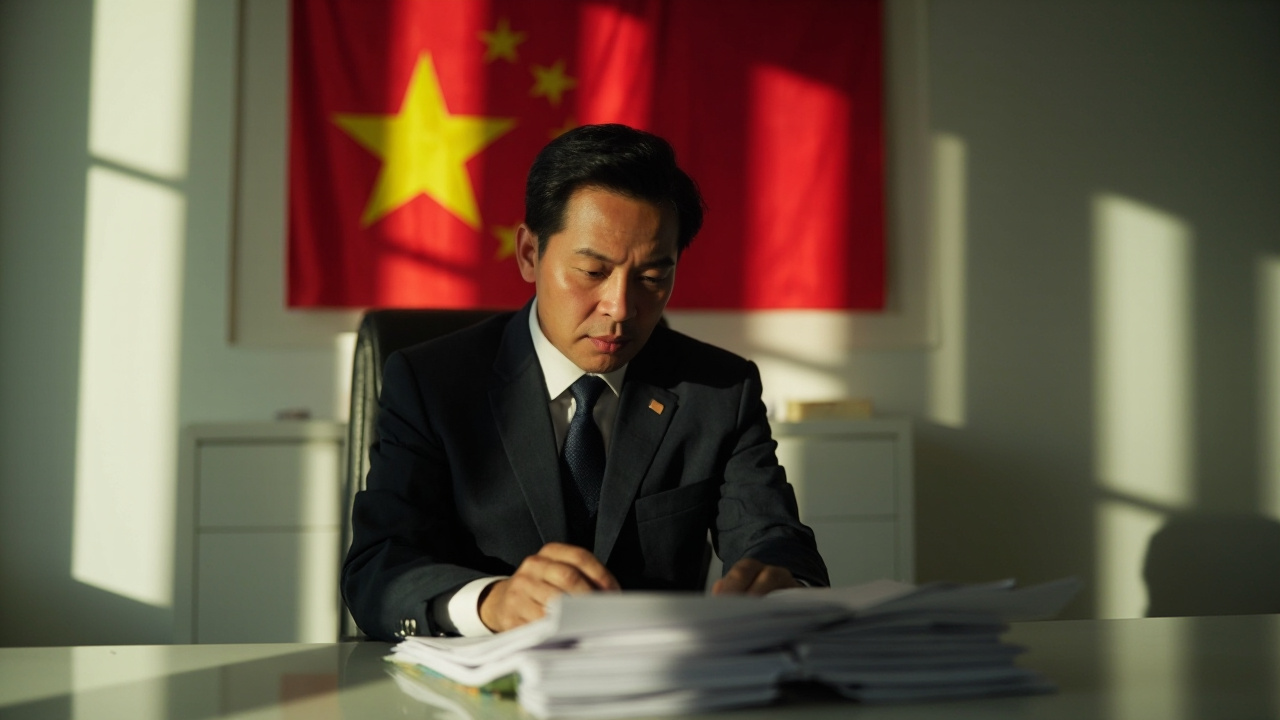Analyzing Vietnam’s Trade Challenges for Western Customers Amid Tariff Threats
The specter of renewed trade tensions under a potential Trump administration looms large over global commerce, with Vietnam emerging as a key player in the crosshairs. As Western customers increasingly rely on Vietnam for affordable manufacturing and diverse supply chains, the threat of escalated tariffs raises critical questions. Will importing from Vietnam remain viable, or should businesses brace for disruptions? Drawing insights from recent developments, including Vietnam’s response to tariff pressures and its complex trade dynamics with China, this analysis unpacks the risks and opportunities. It aims to guide Western importers navigating an uncertain landscape shaped by geopolitical and economic forces.
Understanding the Trump Tariff Threat to Vietnam

Historical Context of Trump’s Trade Policies
Donald Trump’s previous administration heavily prioritized reducing U.S. trade deficits, often targeting Asian manufacturing hubs. His policies imposed steep tariff risks on countries perceived as benefiting from unbalanced trade. Vietnam, as an emerging alternative to China, could face similar scrutiny under a potential new Trump term. Between 2017 and 2021, Trump’s focus on curbing reliance on foreign manufacturing led to widespread trade deflection—where goods reroute through other nations to evade duties. This historical pattern suggests Vietnam’s export practices might attract attention for potential loopholes.
Vietnam’s Rising Role and Tariff Scrutiny
Vietnam has become a key player in global supply chains, drawing manufacturers away from China. However, this shift raises concerns about transshipment—routing goods through Vietnam to mask their origin. A recent Reuters report highlights Vietnam’s proactive steps to tighten oversight on trade with China, aiming to mitigate import duties or similar trade barriers. Despite these efforts, the country’s rapid export growth could invite accusations of unfair practices, putting it in the crosshairs of stricter tariff challenges.
Impacts on Western Importers
Potential duties on Vietnamese goods could significantly affect Western importers. Higher costs from customs levies are a primary concern, directly impacting pricing for end consumers. Below are key potential impacts:
- Increased product prices due to added tariffs.
- Supply chain delays from stricter border checks.
- Reduced competitiveness against domestic alternatives.
- Pressure to diversify sourcing beyond Vietnam.
These trade impediments could strain importer budgets and timelines. For deeper insights into Vietnam’s evolving role in global trade, explore Vietnam’s Competitive Exports in International Trade. As tariff threats loom, understanding these dynamics remains critical for navigating future uncertainties.
Vietnam’s Strategic Response to Trade Pressures

Tackling Trade Challenges Head-On
Vietnam is taking decisive steps to address potential commerce barriers impacting Western clients, particularly in light of looming export constraints. Drawing from insights in a Reuters report, the nation is actively cracking down on transshipment practices involving Chinese goods. This circumvention tactic, often used to dodge U.S. tariffs, has drawn scrutiny, and Vietnam is determined to curb it through rigorous customs enforcement.
Starting in 2025, the country plans to bolster trade integrity by tightening customs regulations and enhancing transparency. These measures include stricter verification processes to ensure goods’ origins are accurately declared. Additionally, Vietnam is rolling out local certification programs to validate exports, aiming to build trust with international partners. While these steps signal a commitment to fair trade, they may introduce short-term shipment delays for Western importers due to intensified checks. However, the long-term payoff could be significant—a more dependable trade ally amid global supply chain uncertainties.
Key Strategies to Strengthen Trade Integrity
Vietnam’s approach to mitigating commerce obstacles includes:
- Enhanced customs scrutiny to prevent mislabeling of goods.
- Bilateral trade negotiations with major partners like the U.S. to clarify policies.
- Transparency initiatives for clearer documentation of trade flows.
- Technology adoption in monitoring supply chains for accuracy.
For Western importers, navigating these stricter protocols might pose initial logistical hiccups. Yet, aligning with a nation prioritizing trade credibility offers a competitive edge, especially as global markets demand reliability. Vietnam’s proactive stance also positions it as a strategic hub for sourcing, a topic explored further in resources like Vietnam’s manufacturing growth. As pressures from international trade policies persist, Vietnam’s efforts to fortify its export framework could redefine partnerships with the West.
Should Western Importers Reassess Vietnam Sourcing?

Assessing Risks and Rewards of Vietnam Sourcing
Western importers face a complex decision when sourcing from Vietnam, especially with the threat of impending trade penalties. Potential import levies, often termed as tariff barriers or commerce restrictions, could drive up costs significantly. These financial burdens might offset Vietnam’s key advantages—highly competitive pricing and robust manufacturing prowess. However, Vietnam remains a cornerstone for cost-effective production, with a skilled workforce and established infrastructure that few rivals can match.
On the flip side, the risk of sudden cost surges looms large. Tariff impositions or regulatory hurdles could disrupt profit margins overnight. Importers must weigh this against Vietnam’s proven track record as a reliable supplier. Building on Vietnam’s proactive efforts to enhance trade integrity, as discussed earlier, there’s an opportunity for long-term stability—if navigated wisely. Diversifying supply chains to other Southeast Asian hubs like Thailand or Indonesia can serve as a buffer, reducing over-reliance on a single market. Alternatively, securing long-term contracts with Vietnamese suppliers could lock in pricing and shield against abrupt policy changes.
Key Steps for Importers
To manage these dynamics, importers should consider actionable measures for risk mitigation:
- Monitor U.S. trade policy updates closely for early warnings on tariff shifts.
- Engage local trade consultants to navigate Vietnam’s regulatory landscape.
- Explore partnerships in neighboring countries to bolster supply chain resilience.
- Negotiate fixed-rate agreements with suppliers to minimize cost volatility.
Staying agile is critical. By blending Vietnam’s manufacturing strengths with strategic diversification, importers can balance risks and rewards. For deeper insights into Vietnam’s evolving trade landscape, explore more at Vietnam Manufacturing Strategic Growth 2025.
Reference: Reuters articles on Vietnam trade policies and tariff risks (specific links to be verified as per editorial standards).
Final Words
Navigating the uncertainties of importing from Vietnam under potential Trump tariff pressures demands vigilance and strategic foresight from Western customers. While risks like escalated costs and trade disruptions persist, Vietnam’s proactive measures to enhance trade compliance offer a glimmer of stability. By weighing these challenges against the country’s manufacturing strengths, importers can make informed decisions. Diversifying supply chains or securing long-term partnerships may cushion against sudden policy shifts. Ultimately, staying updated on U.S.-Vietnam trade dynamics and leveraging local expertise will be key to thriving in this volatile landscape of global commerce.
Ready to secure your imports from Vietnam amidst tariff uncertainties? Partner with TradeMatch Vietnam to navigate trade challenges and unlock seamless sourcing solutions today!
Learn more: https://tradematchvn.com/
About us
TradeMatch Vietnam is your trusted partner in simplifying, securing, and succeeding in sourcing from Vietnam. We connect global businesses with verified Vietnamese suppliers, delivering high-quality products and streamlined processes tailored to your needs. Our comprehensive services are designed to empower international buyers with efficiency, transparency, and strategic advantages in the Vietnamese market.

No responses yet